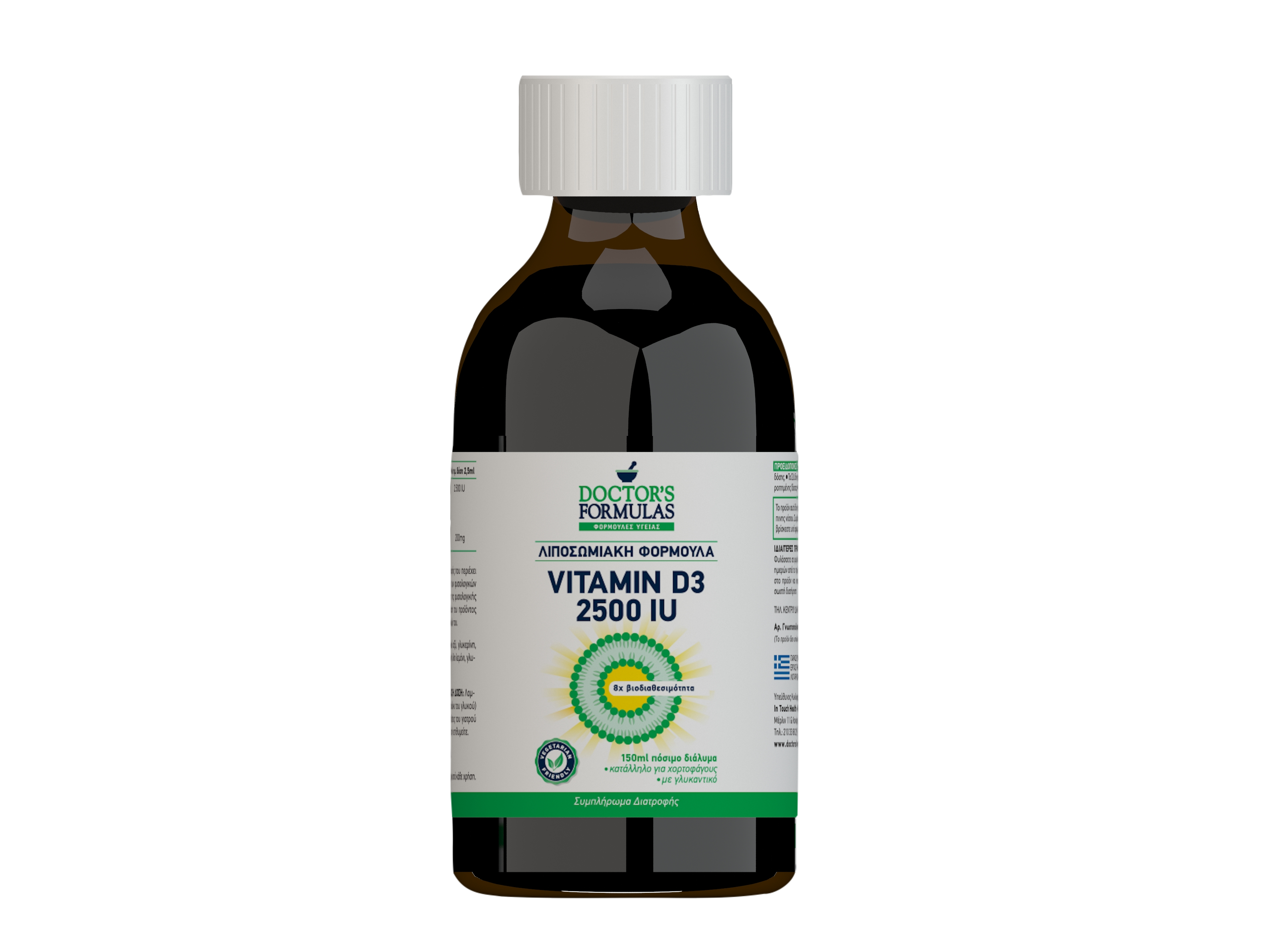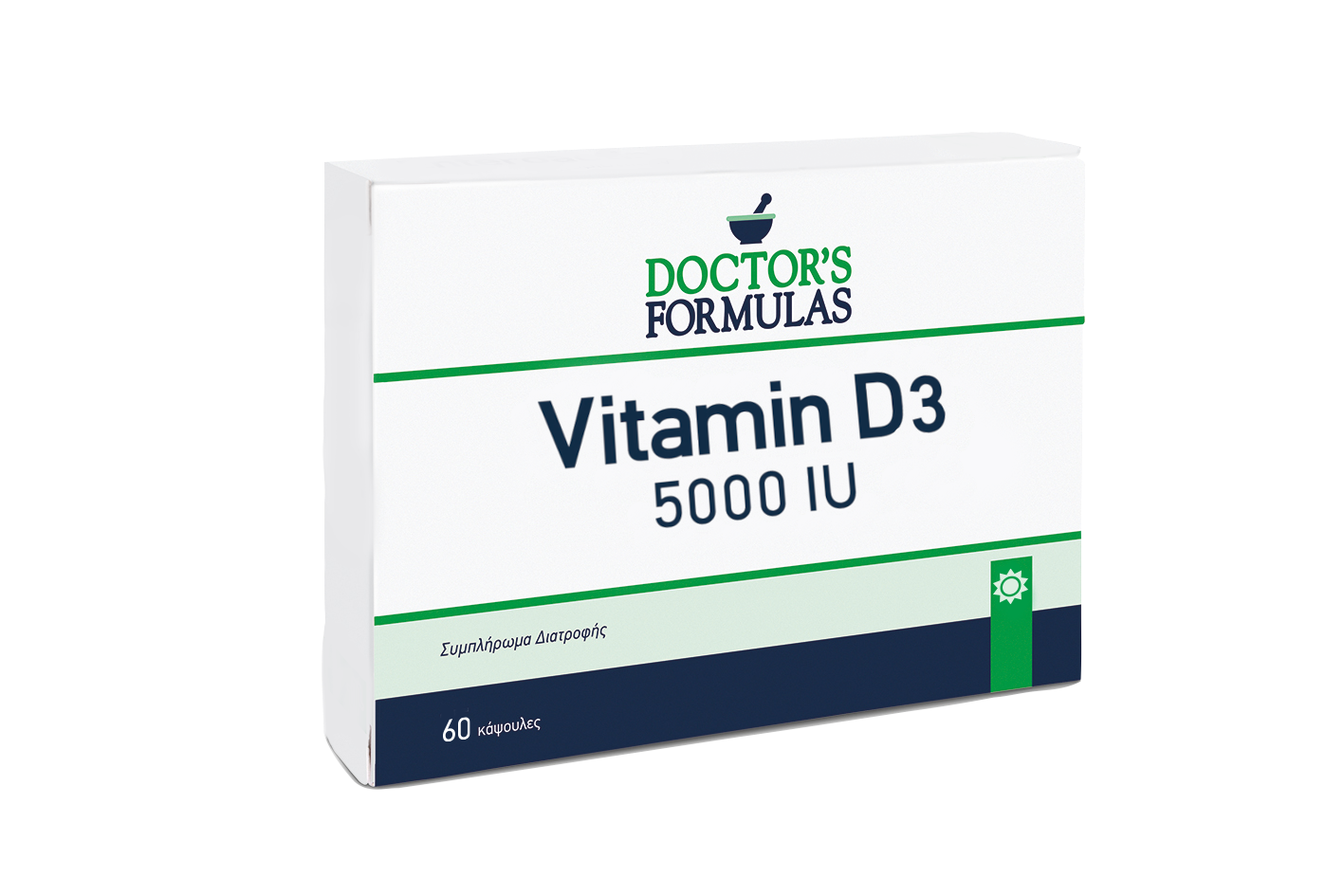Vitamin D & Epigenetics and Gene Regulation
Vitamin D
a Review of its Effects on
Epigenetics and Gene Regulation
Vitamin D is a critical nutrient that is, apart from some limited supply from diet and supplement use, mainly obtained from the biosynthesis within the human body in response to the exposure of solar ultraviolet B radiation.
Vitamin D is a micronutrient that is metabolized into a multifunctional secosteroid hormone that is essential for human health. Globally, its deficiency is a major public health problem affecting all ages and ethnic groups; it has surpassed iron deficiency as the most common nutritional deficiency in the world.
Vitamin D metabolism and functions are modulated by many factors. Accumulating evidence supports biological associations of vitamin D with disease risk reduction and improved physical and mental functions.
Epigenetic mechanisms play a crucial role in regulating gene expression.
The main mechanisms involve methylation of DNA and covalent modifications of histones by methylation, acetylation, phosphorylation, or ubiquitination.
The complex interplay of different epigenetic mechanisms is mediated by enzymes acting in the nucleus.
Modifications in DNA methylation are performed mainly by DNA methyltransferases (DNMTs) and ten-eleven translocation (TET) proteins, while a plethora of enzymes, such as histone acetyltransferases (HATs), histone deacetylases (HDACs), histone methyltransferases (HMTs), and histone demethylases (HDMs) regulate covalent histone modifications.
In many diseases, such as cancer, the epigenetic regulatory system is often disturbed.
The field is rapidly advancing, including the knowledge of the physiology of vitamin D receptor (VDR) interactions and the biology and metabolism of vitamin D and their effects on the vitamin D axis and gene polymorphisms.
Vitamin D receptor is a member of the steroid nuclear receptor superfamily. The effect of liganded VDR depends on the epigenetic landscape of the target gene.
Genome-wide analysis in the human leukemia cell line THP-1 showed that VDR binds mainly at loci of open chromatin. Upon treatment with the VDR ligand 1,25-dihydroxy vitamin D3 (1,25-D3), chromatin accessibility further increases in more than 30% of these loci.
The mechanism of action of the liganded VDR is dependent on the binding and action of histone acetyltransferases and histone methyltransferases. It has been shown that co-treatment of cells with 1,25-D3, and histone deacetylase or DNA methyltransferase inhibitors often have synergistic effects.
Hypovitaminosis D increases the incidence and severity of several age-related common diseases such as metabolic disorders that are linked to oxidative stress. These include obesity, insulin resistance, type 2 diabetes, hypertension, pregnancy complications, memory disorders, osteoporosis, autoimmune diseases, certain cancers, and systemic inflammatory diseases.
Vitamin D is a secosteroid hormone with known beneficial effects on several body systems other than the musculoskeletal system.
Both 25 dihydroxy vitamin D [25(OH)2D] and its active hormonal form, 1,25-dihydroxy vitamin D [1,25(OH)2D] are essential for human physiological functions, including damping down inflammation and the excessive intracellular oxidative stresses.
In the present study, we set out to review all available literature on vitamin D and the role it plays in epigenetics and gene regulation.
We searched the PubMed/Medline electronic database for studies published in the English language up to January 2020.
The Medical Subject Headings (MeSH) database was searched with the keywords 'vitamin D', 'DNA methylation', 'nutritional supplements', 'epigenome', and 'pregnancy'.
Observational studies, supplementation studies, and meta-analyses dealing with the effect of vitamin D on epigenetics and gene regulation were included in the review.
The obtained information from the databases such as PubMed, Google Scholar, and ResearchGate was analysed and summarized.
We found that hypovitaminosis D increases the incidence and severity of several age-related common diseases such as the oxidative stress-associated metabolic disorders.
These include obesity, insulin resistance, type 2 diabetes, hypertension, pregnancy complications, memory disorders, osteoporosis, autoimmune diseases, certain cancers, and systemic inflammatory diseases.
New understandings of vitamin D-related advances in metabolomics, transcriptomics, epigenetics, in relation to its ability to control oxidative stress in conjunction with micronutrients, vitamins, and antioxidants, following normalization of serum 25(OH)D and tissue 1,25(OH)2D concentrations, are likely to promise better cost-effective clinical outcomes in humans.
There is a strong reciprocity between the vitamin D system and epigenetic mechanisms.
The vitamin D system is, on the one hand, regulated by epigenetic mechanisms and, on the other hand, is involved in regulating epigenetic events.
Story Source:
Folia Med (Plovdiv). 2020 Dec 31;62(4):662-667. - Vitamin D: a Review of its Effects on Epigenetics and Gene Regulation [doi: 10.3897/folmed.62. e50204] https://pubmed.ncbi.nlm.nih.gov/33415918/



